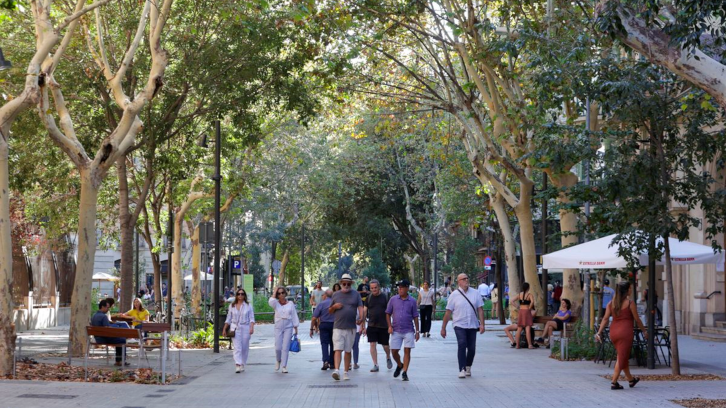Does Decreasing Working Time Reduce Environmental Pressures?

Author: iStock.com/Christophe BOISSON.
The growing attention on working time issues in academic communities and policy arenas is related to a close association with themes of utmost relevance to society, such as income inequality, labor markets, and well-being. The perspectives and theories on working time areextremely diverse and, far from tackling them in a comprehensive manner, we modestly focus on the environmental aspects.
Our empirical results implied that the relationship between hours of work and environmental pressures gets de-linked in the case of high-income economies during the last ten years of assessment. A possible explanation might be that increased non-work hours augmented the environmental impacts, as more leisure time tended to encourage more energy-intensive activities in some cases. This result indicated a rebound of environmental burdens due to the increasing leisure hours. This might be seen as surprising given the conventional view on this issue, which was always based on the assumption that working hours are more energy-demanding than non-working hours. In principle, working time reduction (WTR) policies aimed at contributing to energy saving and environmental protection based on the idea of re-structuring personal daily routines towards less energy-consuming activities. However, this was not always the case as leisure hours might be more energy-intensive than working hours. As Nørgård (2013, p .67) pointed out that “more leisure time does not guarantee a lower environmental impact”, and “the extra leisure time will tend to require more energy, but the amount will depend on how leisure is spent”.
In this line of thinking, reduced work hours might prove to be counter-effective and in turn impose heavier burdens on the environment, under the conditions that leisure activities (such as car travelling and vacation abroad) are more energy-demanding. This situation is more likely to occur in high income countries. Accordingly, increasing leisure hours in countries with higher average incomes tended to provide their inhabitants with increased opportunities to organize multiple and costly energy-intensive activities.
Overall, it appeared that income plays an important role in reducing work-time until a certain point beyond which the impact of work hours on the environment gradually weakens. An underlying reason was that workers with lower wages in developing economies prefer to earn overtime pay, or to find a part-time job with which to support their families. Effects of environmental pressure alleviations induced by WTR in developing economies may be also weakened due to the blurred boundary between working hours and non-working hours. This might explain that work-time in developing economies is less significantly correlated with environmental impacts than in their developed counterpart.
Beatriz Rodríguez-Labajos
Institute for Environmental Science and Technology (ICTA)
Shao.Qinglong@uab.cat
References
Qing-long, Shao; Rodríguez-Labajos, Beatriz. Does decreasing working time reduce environmental pressures? New evidence based on dynamic panel approach. Journal of Cleaner Production. 2016, vol. 125, p. 227-235. doi: 10.1016/j.jclepro.2016.03.037.


